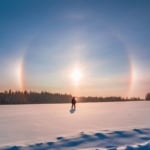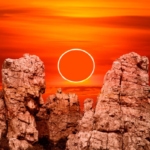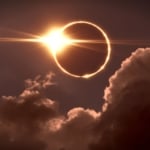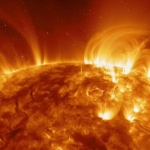How Dark Is Your Night Sky? Combatting Light Polution
Here's a great way to test how dark you night sky is, which will tell you how successful you'll be at stargazing.
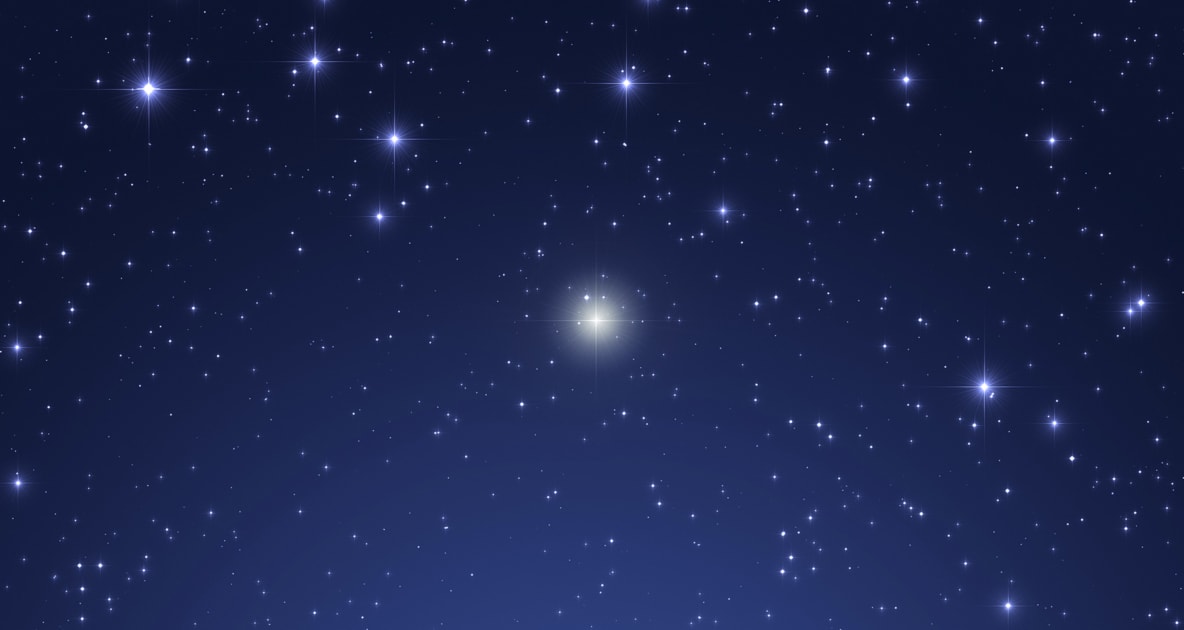
How dark are the night skies in your neighborhood? An easy way to make a quick determination is to seek out the constellation Ursa Minor, the Little Bear, popularly known as the Little Dipper. In Ursa Major, we have the bright and familiar stars of the Big Dipper. In contrast, the stars of the Little Dipper are rather faint, except for Polaris, the North Star at the end of the handle, and the two stars in front of its bowl. These stars, Kochab and Pherkad have been called Guardians of the Pole because they march around Polaris like sentries.
The four stars in the bowl of the Little Dipper are composed of stars of magnitude 2, 3, 4 and 5. If you can see all four stars in the bowl, you have access to a good, dark sky. If, however, you can only see the Guardians, your sky quality can be considered fair-to-poor.
Sadly, the increase in light pollution, especially over the last quarter-century has made finding such dark skies more difficult. Astronomer David Crawford a co-founder of the International Dark Sky Association (IDA) notes: “Few members of the general public have ever seen a prime dark sky. For urban dwellers, star studded nights are limited to planetarium simulations.” IDA’s principal approach is to raise awareness about the value of dark, star-filled night skies and encourage their protection and restoration through education about the problems and solutions, including outdoor lighting practices that create less light pollution. Currently, the organization has about 5,000 members in 70 countries.
Check out our quiz to find out if you’re contributing to light pollution.

Joe Rao
Joe Rao is an esteemed astronomer who writes for Space.com, Sky & Telescope, and Natural History Magazine. Mr. Rao is a regular contributor to the Farmers' Almanacand serves as an associate lecturer for the Hayden Planetarium in New York City.


